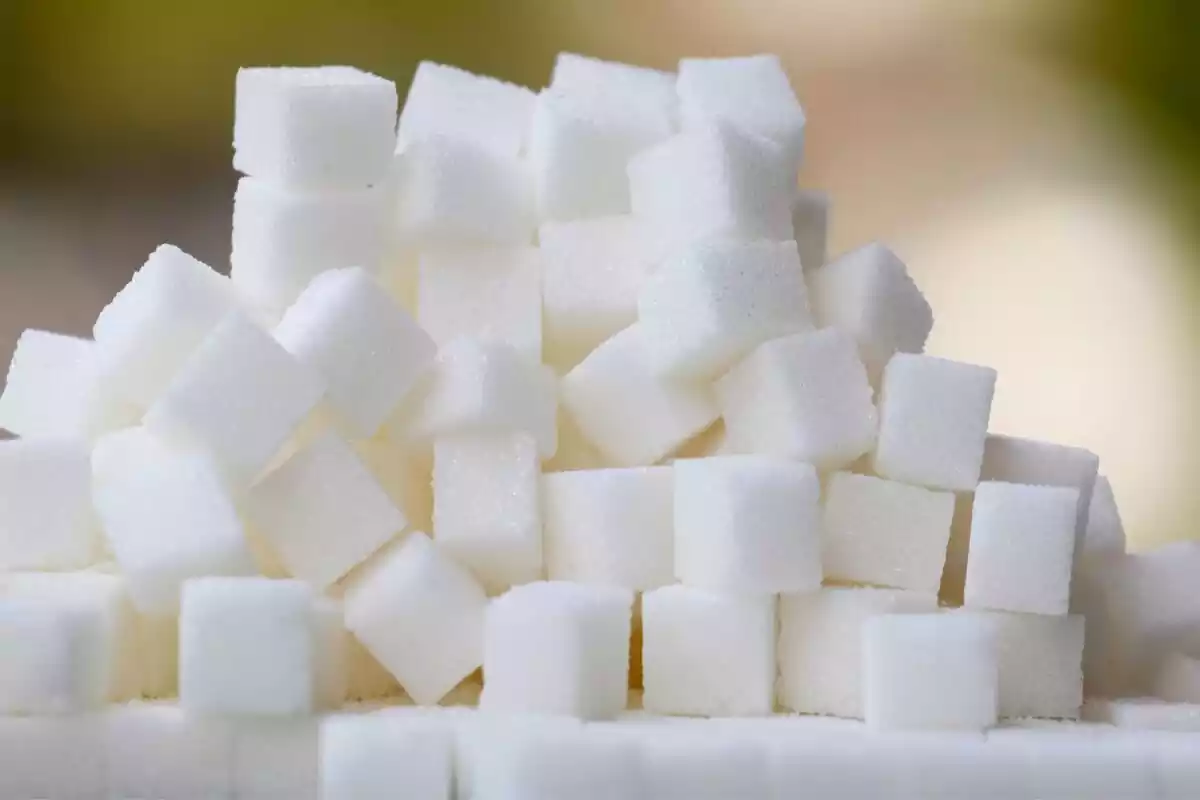The spike in the consumption of refined sugars, as well as high-sugar foods, is an increasingly worrying problem that has public authorities and health organizations in a state of alert. For all those looking for a healthier alternative to refined white sugar, we have put together a list of natural sweeteners to help with your quest to live healthier.
The sugar substitutes are quite diverse, and each of them has specific properties and health benefits. There are also artificial sweeteners available on the market, for those who are not convinced by the natural options. White sugar has earned itself a bad name, and this is due to the processes that it goes through during its elaboration. Moreso, and even scarier, in some areas sugar cane is treated with chemical pesticides and fertilizers.
Once the sugar cane has been harvested, the juice is squeezed and then boiled several times until all the molasses are removed and chemicals are added to help process it. The molasses represent the syrup that contains all the vitamins and minerals and, as it is eliminated during the process of obtaining white sugar, all that remains is a pure sweetener, without any nutritional value. And sugar, as we all know, can cause tooth decay, diabetes, and obesity.
Sugar Substitutes - 15 natural sweeteners
Below, you can find a list of 15 natural sweeteners that can help you stay away from white processed sugar.
1. Honey
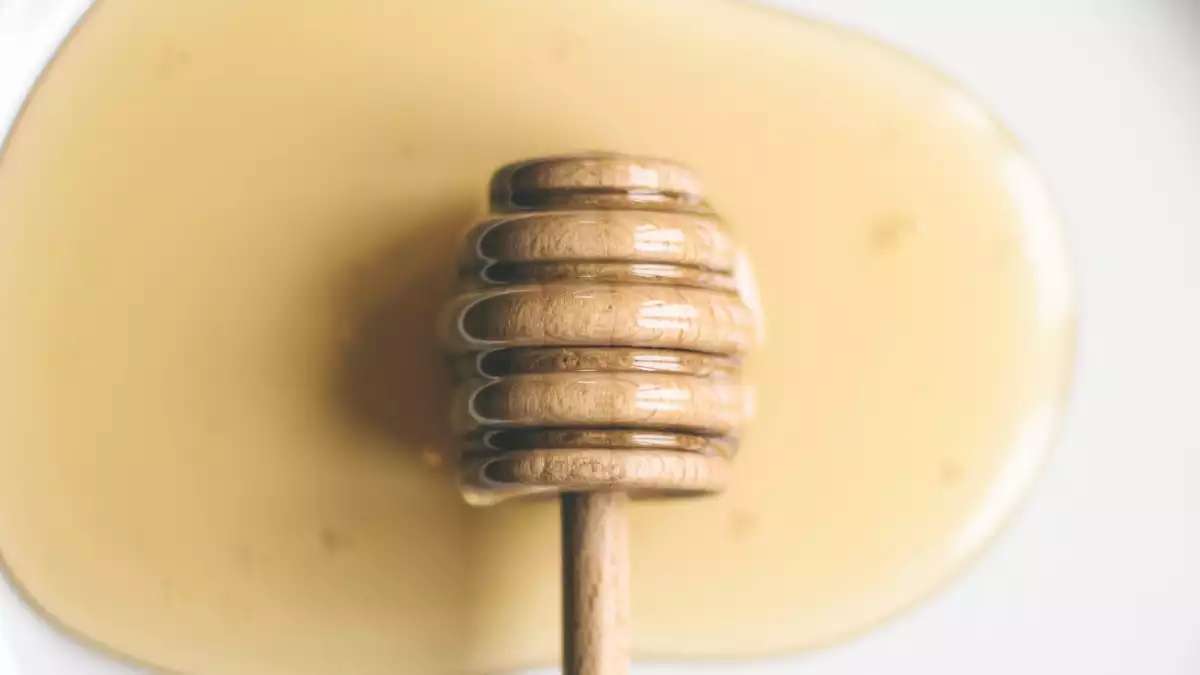
It is probably the best known natural sweetener. Honey is produced by bees from the pollen and nectar of flowers. It can be used as a substitute for sugar, but we have to bear in mind that it is sweeter and honey calories are higher than what we find in sugar. Honey contains enzymes and vitamins, and it's not only used as a natural sweetener but also as an antiseptic and to help soothe a sore throat.
2. Stevia
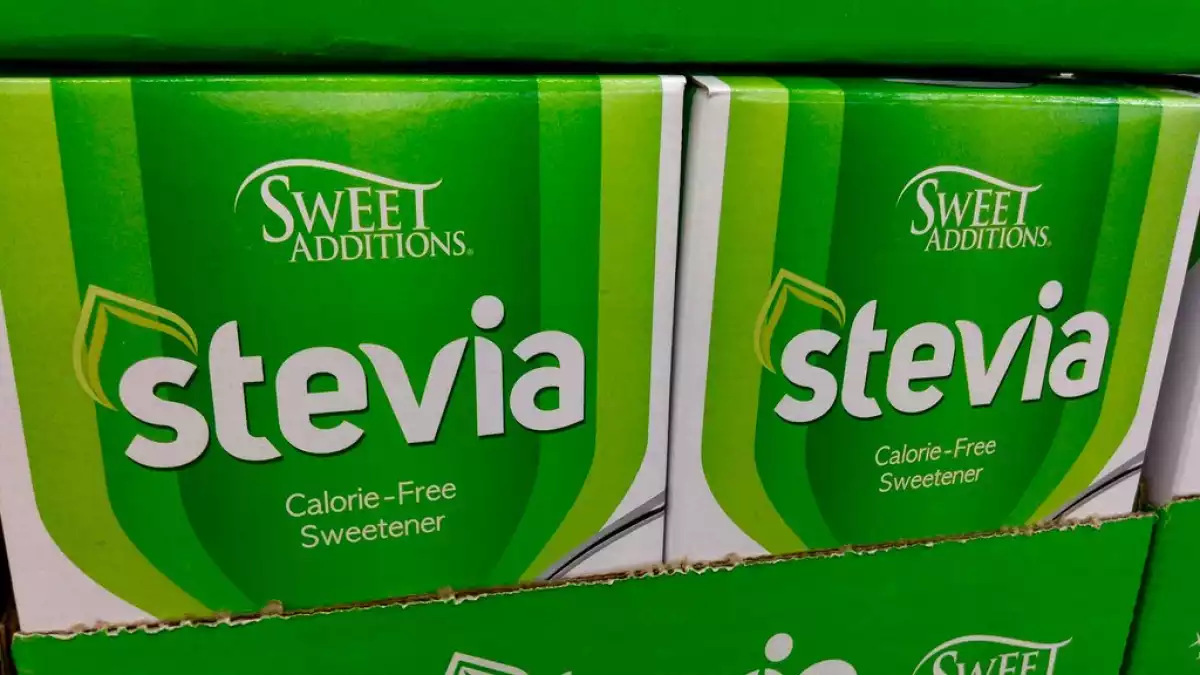
Stevia is a plant native to South America, although it can be grown in any subtropical environment. Its leaves are 30 times sweeter than sugar so that a little stevia sweetener can go a long way. Commercially, we can find it as an extract or as a powder. It has 0Kcal and does not damage the teeth. One cup of refined white sugar equals one small spoonful of stevia.
3. Coconut sugar
Coconut sweetener comes from the flowers of the coconut tree. It has a high content of amino acids and minerals and does not damage the teeth. It is, however, still sugar and it is not calorie free, but it's less processed and has no added chemicals or preservatives. It can be purchased in liquid form, called coconut syrup, or in crystal form, which is usually called coconut palm sweetener.
4. Agave syrup
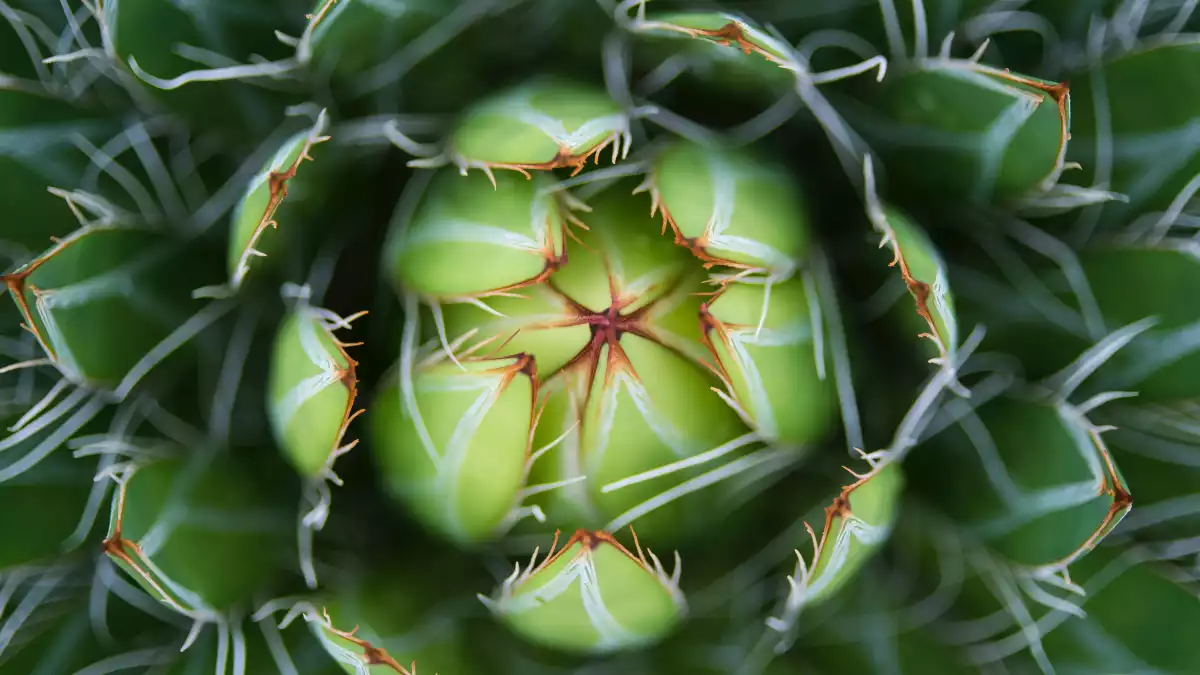
Agave syrup, also called agave nectar, comes from the agave plant, which is similar to a cactus and is native to Mexico. To make this syrup, the sap of the cactus has to be boiled to produce a preservative-free, sweet syrup.
5. Whole cane sugar
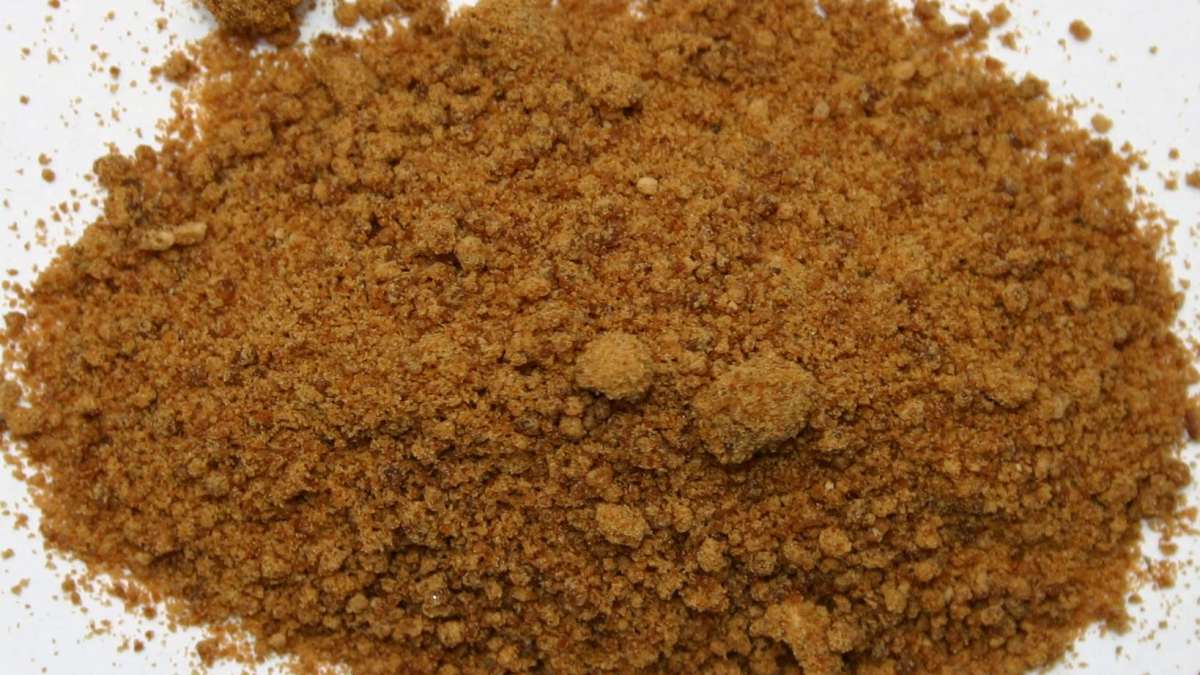
Whole cane sugar comes from sugar cane just like refined white sugar. The only difference between the two is that sugar is boiled several times to eliminate the molasses and then it goes through another processing stage. Whole sugar cane is boiled only once and is not subjected to further processes, so it has a darker color. Apart from being less processed, this type of natural sweetener is just as damaging as refined white sugar, so it can damage the teeth and cause diabetes if eaten in excess.
6. Brown sugar
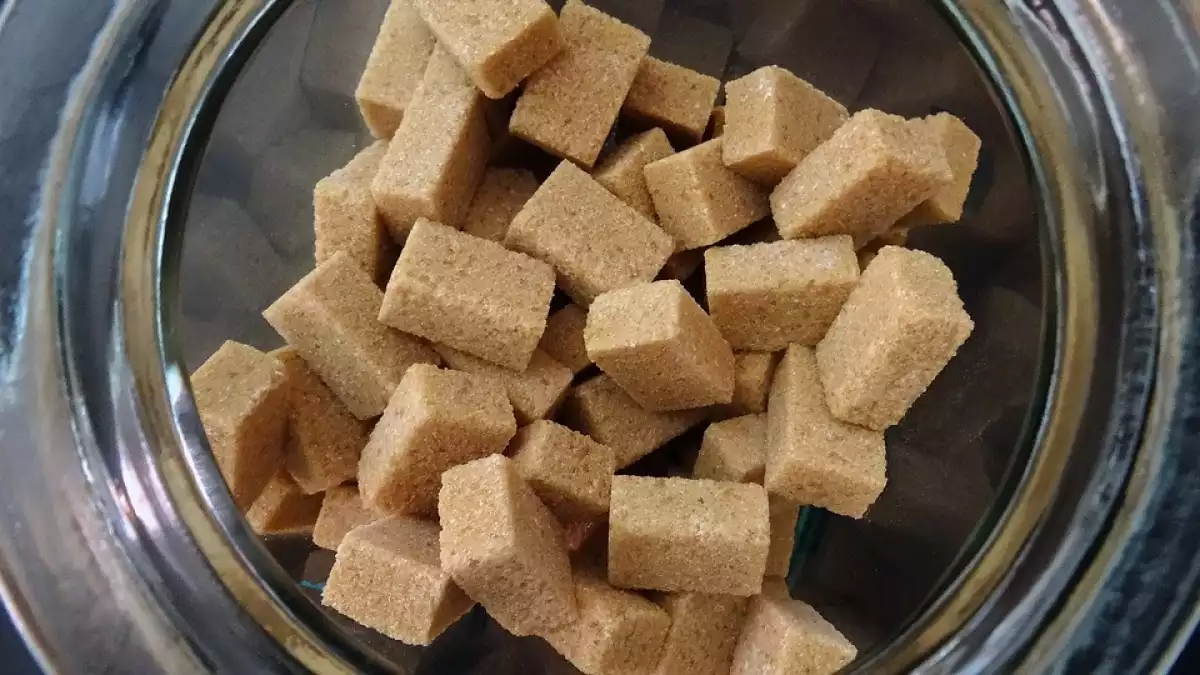
Brown sugar is refined white sweetener but with added molasses at the end of the processing. Brown sugar is as refined as the white one, so it is not a natural sweetener. Although it has some more nutrients due to the addition of molasses, it carries the same problems as white sugar.
7. Concentrated fruit juice
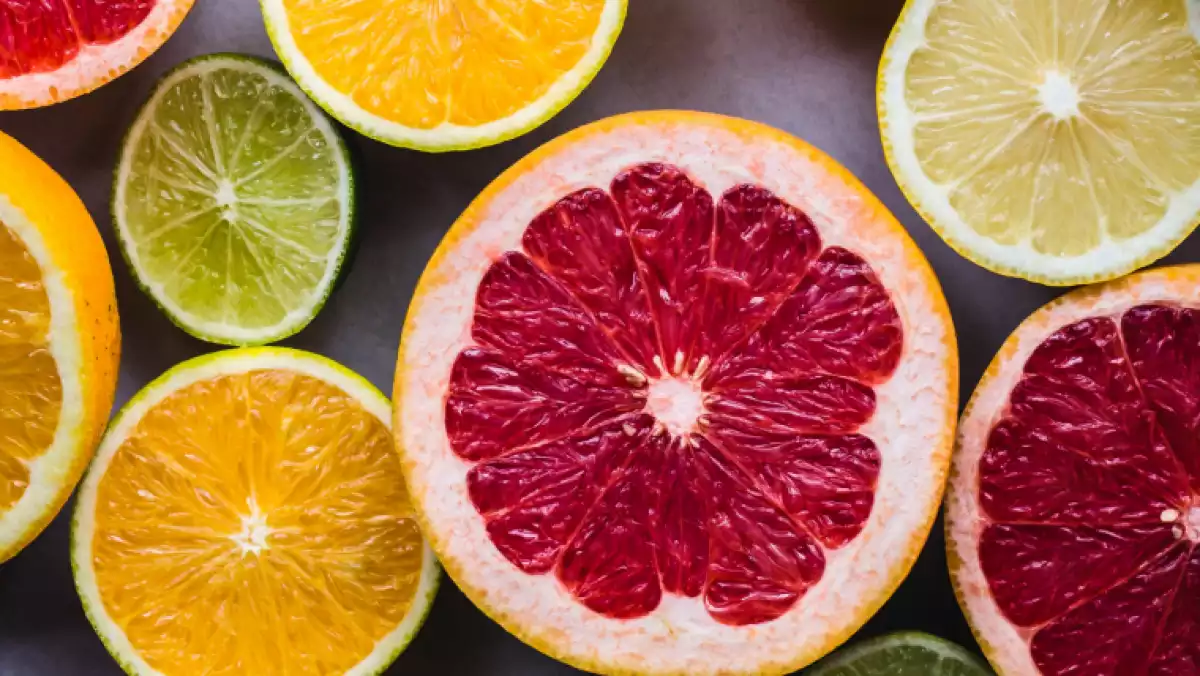
Other incredible sugar substitutes are fruit concentrates. They are a type of natural sweeteners formed by the concentrate of fruit juices. There is a concentrate for almost all kinds of fruit so that they vary in sweetness, flavor, and nutritional value. They can be used instead of sugar in recipes and smoothies. It's important to keep an eye out for added sweeteners or preservatives. You have to read the ingredient label carefully to make sure you're getting pure fruit concentrate.
8. Maple syrup
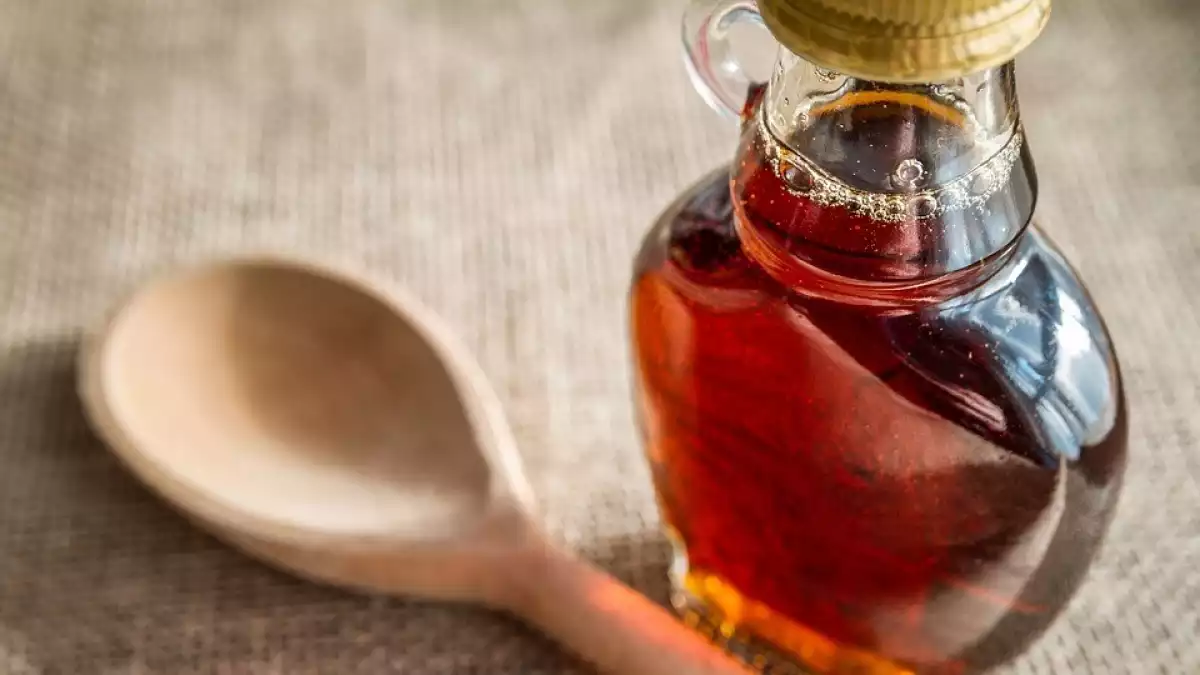
Maple syrup is another alternative to white sugar. It is one of the most consumed natural sweeteners in the United States. It has no added chemicals or preservatives, and it's a good source of vitamins and minerals. It can, however, cause problems similar to those produced by white sugar, such as tooth decay because its composition is made up of sugars and water.
9. Panela
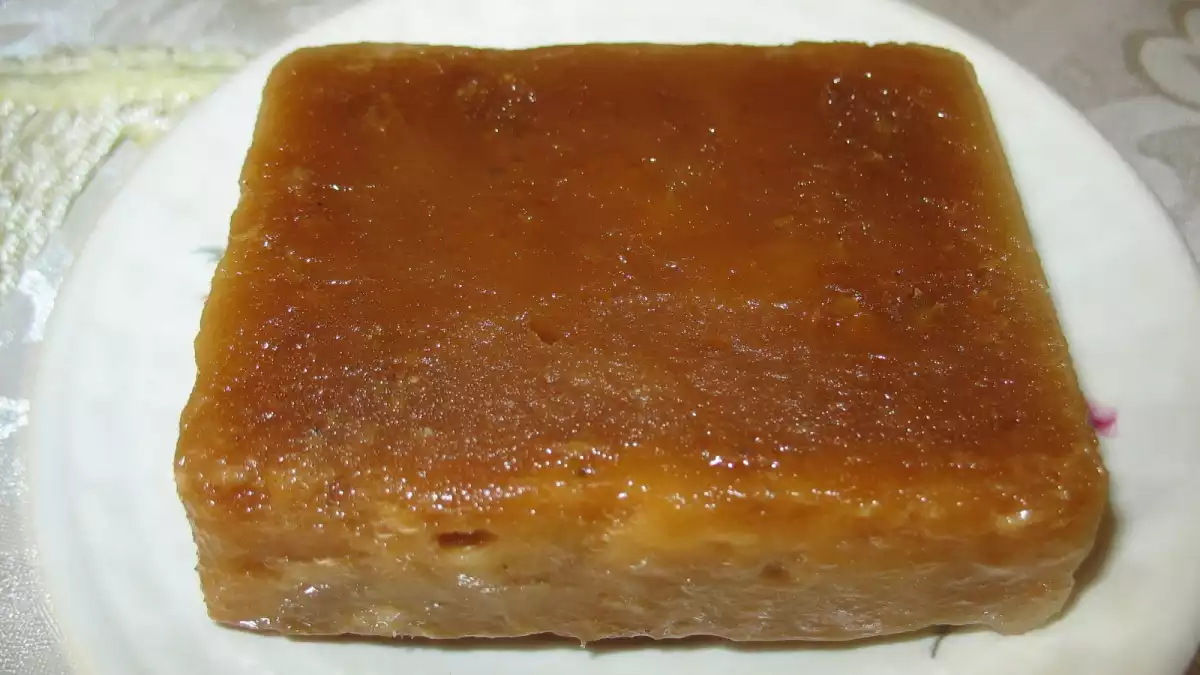
Panela is the extract of sugar cane that is subjected to several boils to help it lose its moisture, and form molasses. When it cools and dries, it solidifies and goes on to be processed. During its preparation, no chemicals are used, and it is considered less processed than brown sugar. Its glycemic index is lower than that of the refined white sugar.
10. Birch sugar
Birch sugar is another option we can turn to if we want to replace refined white sugar. It is made by extracting sugar from the bark of the birch tree, and it looks very similar to white sugar. It is used primarily in baking, but it also works as a prebiotic and is a good alternative for people with diabetes.
11. Cane sugar
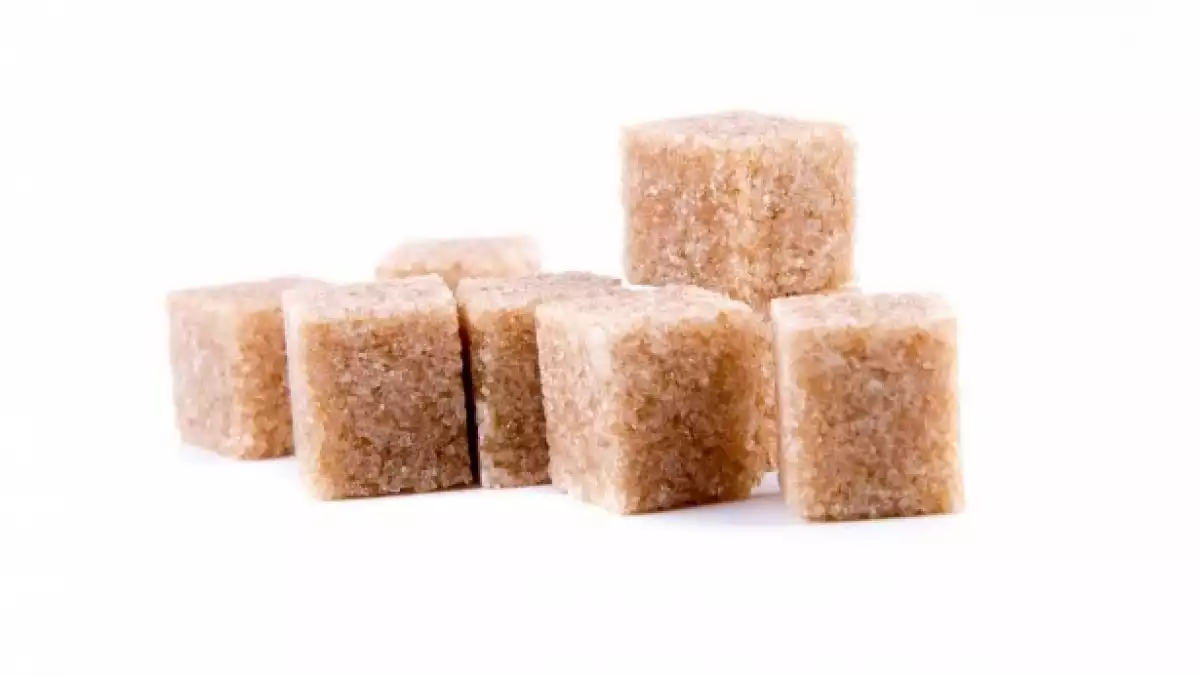
"Mascabado," as it's known in Spanish, corresponds to unrefined sugar, which retains all of its nutrients. It is made by cutting and pressing the sugar cane. First, you get a thick syrup that is boiled until the consistency is the desired one and after this stage, the raw sugar is allowed to cool until homogeneous crystallization takes place.
12. Yacón syrup
This type of sugar substitute comes from the yacon root that grows in South America. This root has a flavor similar to apples and unlike most natural sweeteners, it contains a lot of fiber and can help digestion. However, sometimes it can cause gas and abdominal swelling. The price of yacon syrup is much higher than that of white sugar.
13. Brown rice syrup
This syrup is made from cooking and fermenting rice. It has vitamins, potassium and magnesium. In addition, it does not contain chemical products or preservatives and is not processed as much. It is a form of sugar, nevertheless, so it does have calories and can damage teeth. Keep in mind that it is less sweet than refined sugar, so you might need to use it in larger quantities.
14. Barley malt syrup
Barley malt syrup is made with fermented and germinated barley malt. It has no chemicals or preservatives and has approximately the same vitamins and minerals as brown rice syrup. We can find barley malt extract in two formats: powder and syrup. It can damage the teeth and is less sweet than sugar, so you will have to use more of it.
15. Molasses (black treacle)
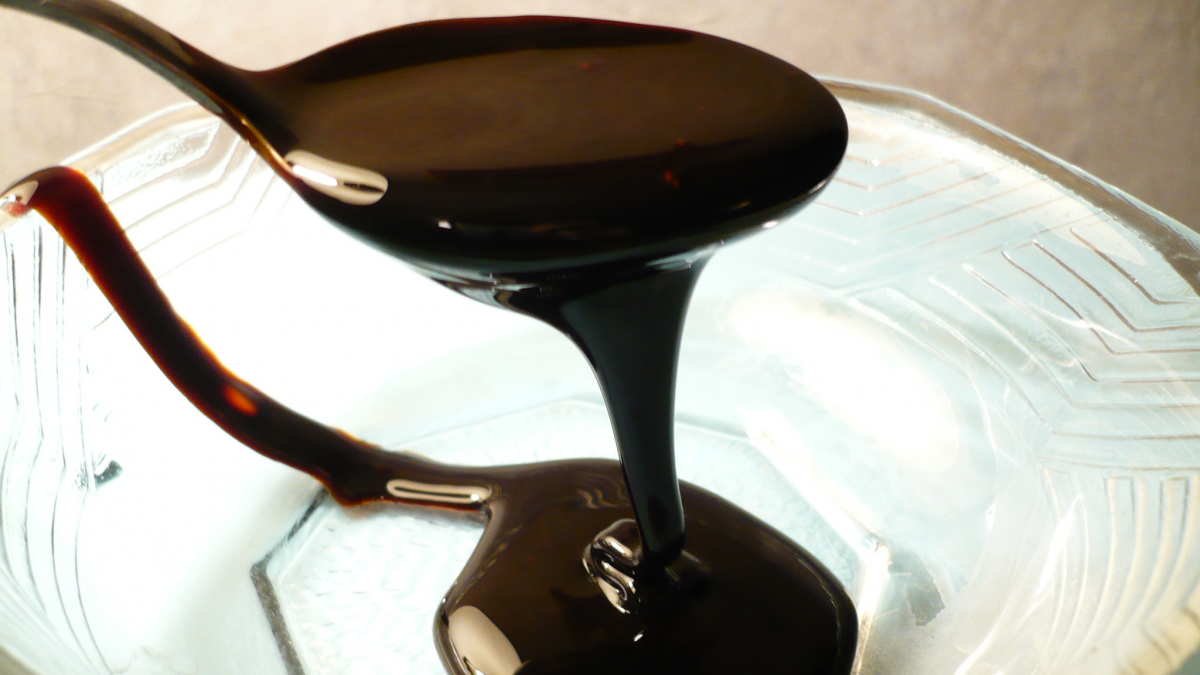
After boiling the sugar and extracting the juice, the remaining syrup is called molasses. There are three different types of molasses:
- clear molasses
- dark molasses
- black molasses
The light molasses is the syrup that remains after the first boiling of the sugar cane, the dark molasses is resulted after the second boil and the black molasses, which is the darkest and most concentrated, is obtained after the third boil.
Molasses are rich in vitamin B, minerals and iron. It is still a sweetener, so it can damage your teeth and also, it is not calorie free. The darker the molasses, the stronger the flavor will be. Molasses are not as sweet as refined white sugar, so you will need more of it to sweeten your drinks and meals.
- This article about "Sugar Substitutes" was originally published in Spanish in Viviendo La Salud
References:
Alonso, J. R. (2010). Edulcorantes naturales. La Granja, 12(2), 3-12.
Rojas Montoya, S. W. (2009). Stevia, Edulcorante Orgánico del Siglo XXI.
Martínez, J. A. C., & García, A. F. (2016). Los edulcorantes y su papel sobre el metabolismo humano. RqR Enfermería Comunitaria, 4(2), 13-22.
